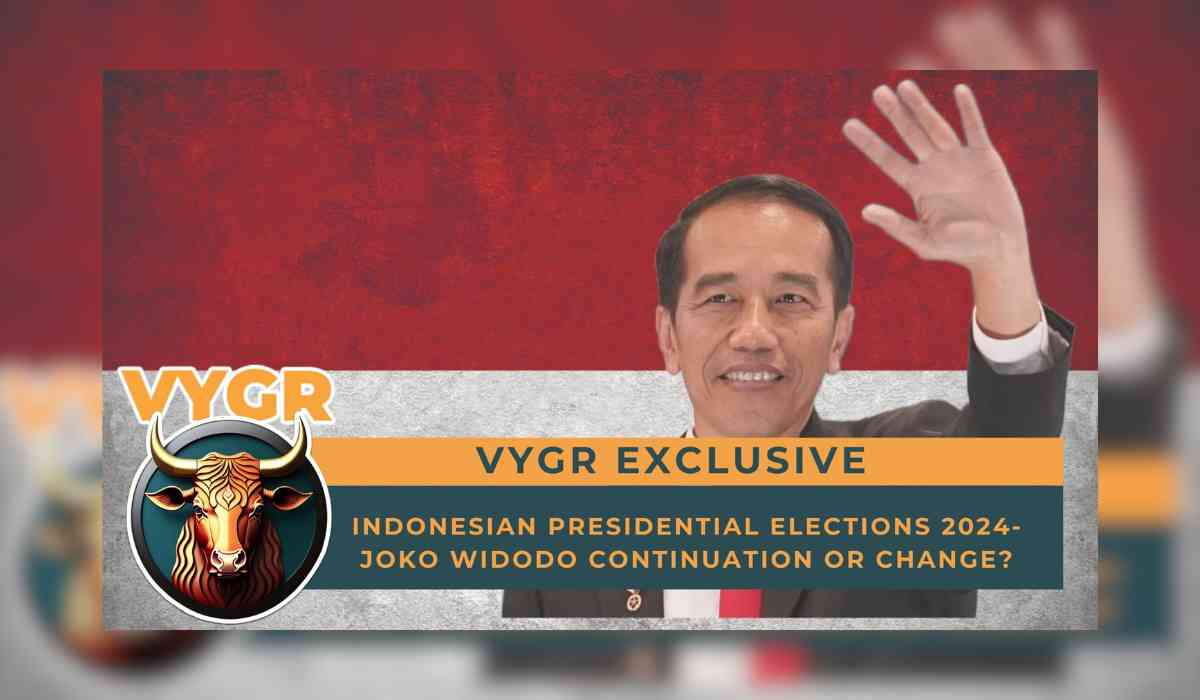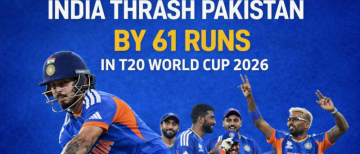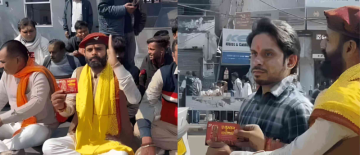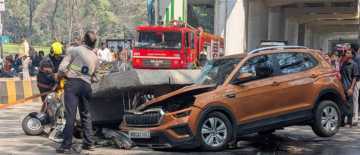Indonesia, the archipelagic nation with a history marked by the transition from dictatorship to electoral democracy in 1998, is once again at the cusp of a significant political transformation. As the world's third-largest democracy, with a staggering 204 million registered voters, the country is witnessing vibrant and enthusiastic participation in the electoral process.
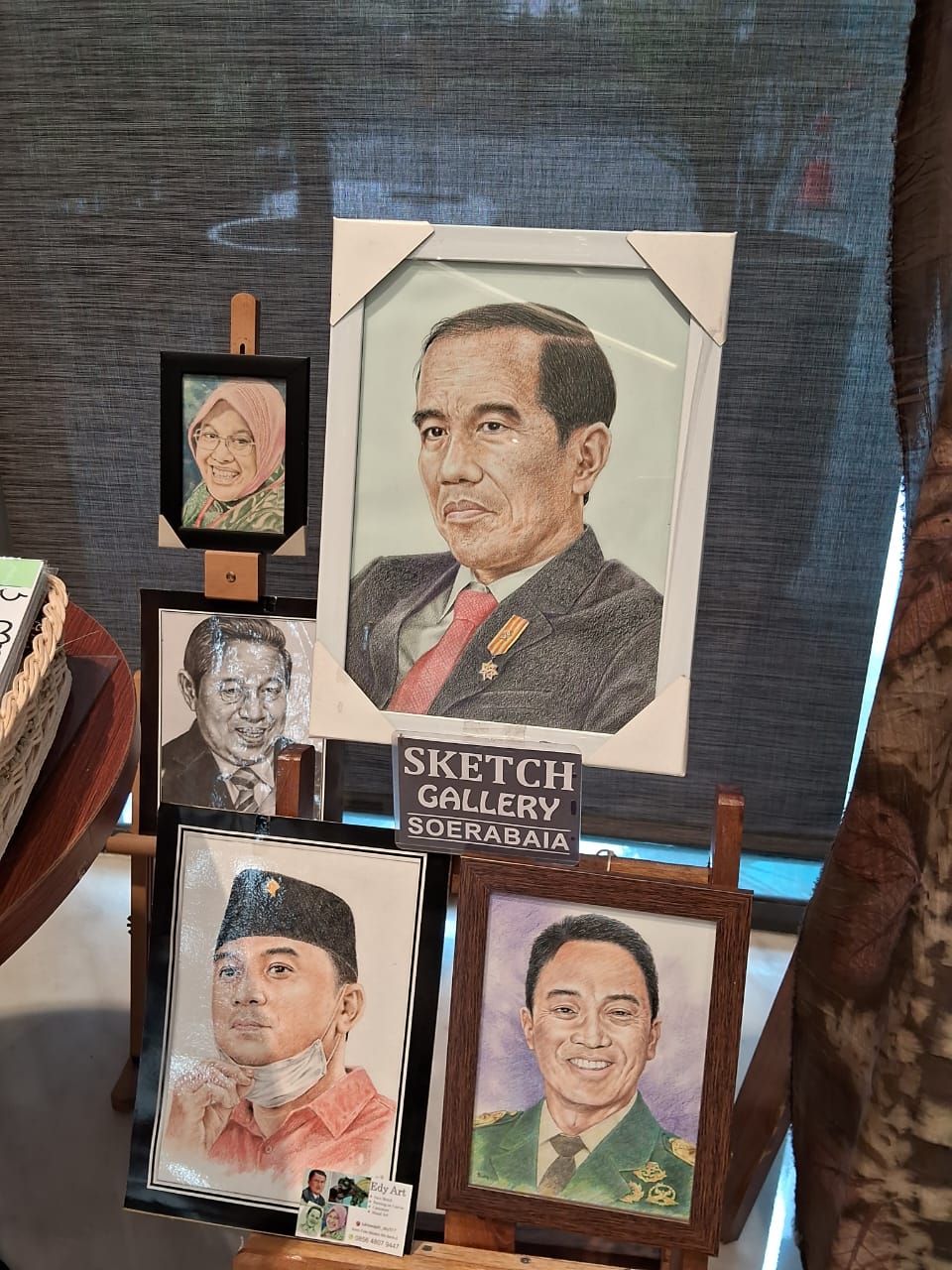
Despite challenges such as rains and floods in parts of the capital Jakarta and other regions, voters have shown great enthusiasm in casting their ballots for the next presidential candidate. This election is particularly significant as it is likely to see the emergence of Prabowo Subianto, a candidate from a different background, who is expected to replace President Joko Widodo, popularly known as Jokowi, as the new leader of Indonesia.
Jokowi, who assumed office in 2014, initially faced scepticism and criticism from various quarters but managed to transform the country, especially in the economic sphere. He successfully navigated Indonesia's relations with major global players like the United States and China, balancing trade partnerships and investments to benefit the nation's economy.
During a ground visit, it became apparent that despite Indonesia's advancements in technology and modernity, its archipelagic geography presents challenges in connectivity and logistics. Jokowi's administration focused on economic growth and inclusivity, particularly benefiting non-Muslims and those with progressive views on science and infrastructure development.
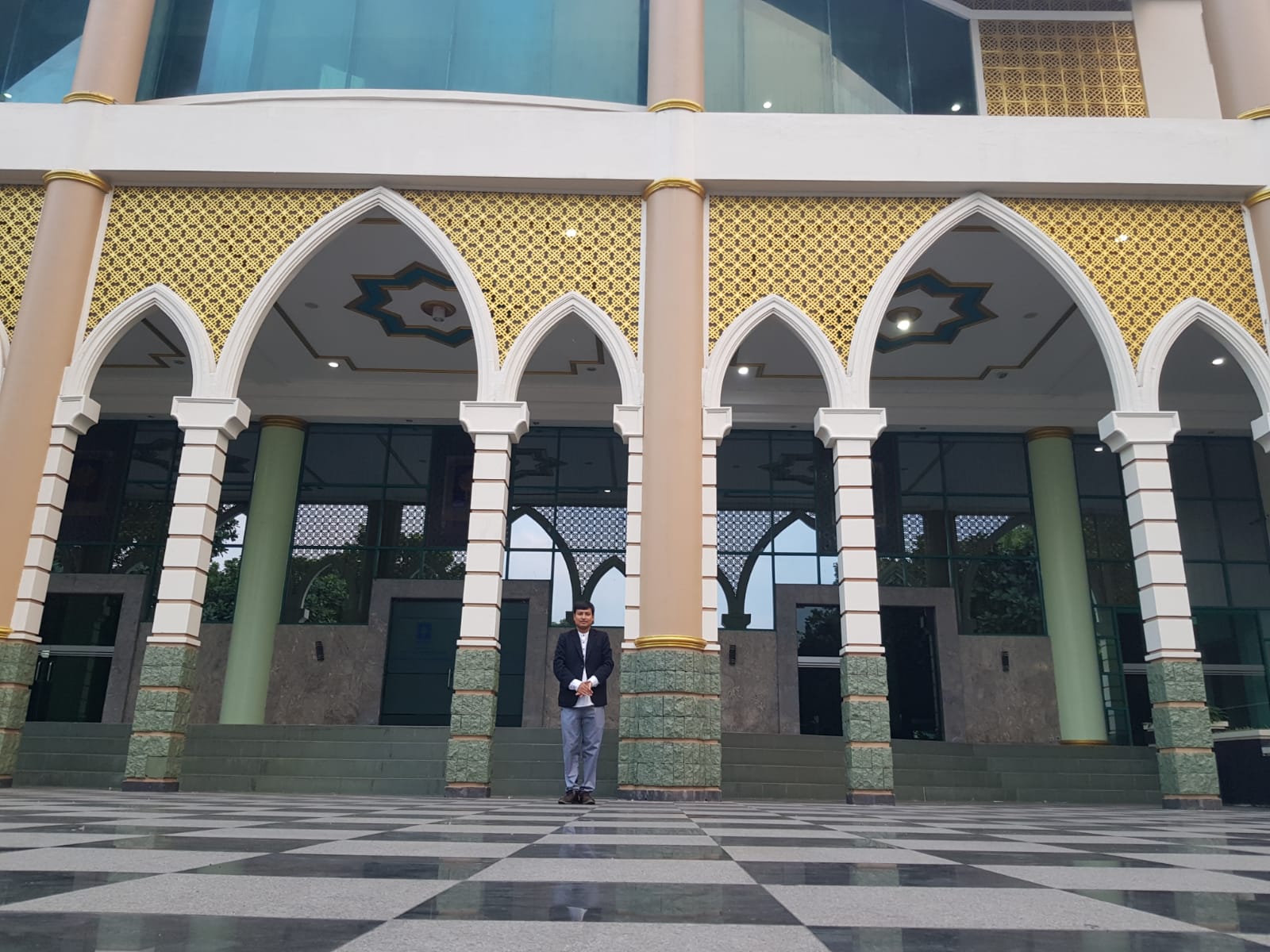
Looking ahead, Prabowo Subianto, the defence minister and presidential candidate, has pledged to create 20 million jobs, addressing a crucial issue in Indonesia's economic landscape. His background in the army and his strategic alliances, including marrying into the family of former President Suharto, position him as a candidate with a strong grasp of defence and political dynamics.
As Indonesia prepares for the presidential election on the 14th of February, the government is also contemplating a new capital, Nusantara, considering the challenges faced by Jakarta, including sinking land. This move reflects a broader vision for sustainability and development in the country.
The Indonesian presidential elections of 2024 signify not just a change in leadership but also a continued journey towards democracy and economic progress. With a large number of candidates contesting for various positions across the country, Indonesia is poised to reaffirm its commitment to democratic values and inclusive growth.
You can watch the video:
VYGR Exclusive: Indonesian Presidential Elections 2024- Joko Widodo continuation or change? Part 1
VYGR Exclusive: Indonesian Presidential Elections 2024- Joko Widodo continuation or change? Part 2
© Copyright 2024. All Rights Reserved Powered by Vygr Media.

